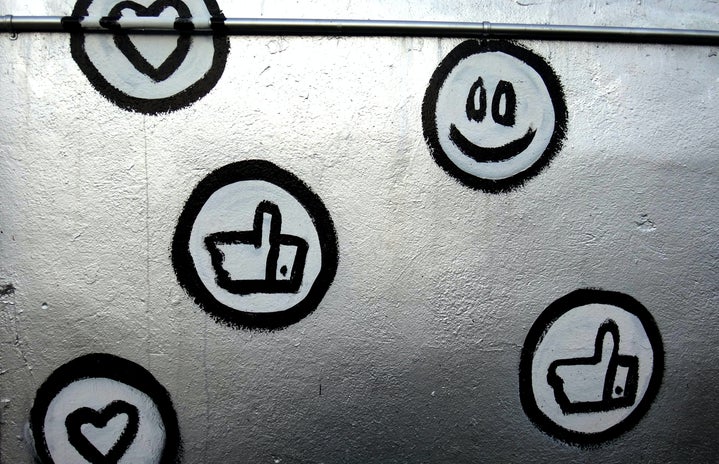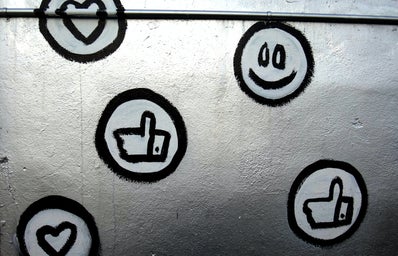Google defines social media as “websites and applications that enable users to create and share content or to participate in social networking.” Basically, online platforms whether it be apps or websites that enable users to connect with people in real time. Social media opens doors for businesses, connections and the ability to stay up to date with current news. While all of that is beneficial, social media can play a negative role in one’s sleep. Have you ever caught yourself scrolling on Instagram for an extra hour before bed? Well, I have and here’s the downside to that.
What Happens?
Even though late-night screen time is nothing new, it is more demanding than watching your favorite late-night television show. Social media suggest that you should like, comment, share or subscribe which requires you to pay attention to what you’re viewing. All of this resulting in hitting that snooze button in the morning for the fourth time and wishing for more time to stay in bed. Some of us wake up to position ourselves back in the same place we were in before drifting off to sleep with our phone in hand.
Are You Still Staring at Your Screen?
If you haven’t noticed already, most smartphones allow you to adjust the brightness on the device or have it set to automatically adjust to the brightness that best suits the room. Applications like Twitter and YouTube have a function called “night mode” that helps with blue light exposure. By Google’s definition, blue light exposure is a blue light that can be only visible by human eye. This light is known to be a short wavelength that produces high amounts of energy, for more information on blue light exposure and the effect of it click this here.
Know Your Struggle
Using social media before bed has been linked to a number of sleep-related outcomes like quality of sleep and vision problems. The average person requires seven hours of sleep, some of us are lucky to get eight hours. However, here are some helpful tips for getting a better night’s rest without social media. Keep it out of sight, try leaving your phone in the living room or on the charger across the room. Remember, out of sight out of mind. Turn it off, if you don’t use it for an alarm clock. Personally, I don’t know many people who still own alarm clocks, but most own Alexa’s or Google Home which could be used as an alarm clock. If you don’t like your phone to leave your sight to try turning on sleep mode or “Do not disturb” at a set time every night, and keep it consistent. Create a timer for your social media usage, which you can find in your application settings, or you can log on to keepmeout.com to lock yourself out of other social media applications.
What’s Next?
Whether your addiction is to Twitter, Instagram or Facebook, it all plays a major role in your sleep quality. We all need sleep, why not work on disciplining ourselves to manage our social media intake especially at a sensitive time of the day like bedtime. Which social media platforms keep you up at night?
Image Credit: 1



